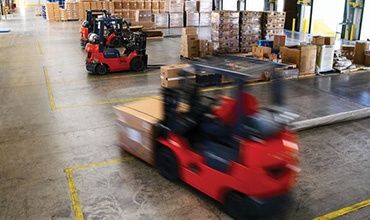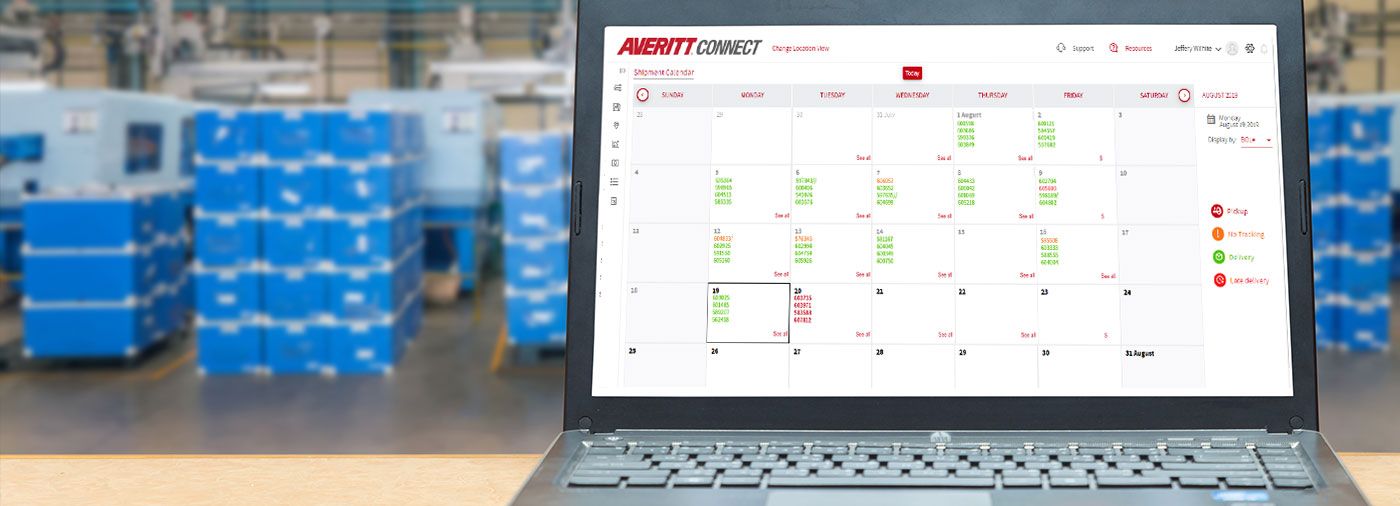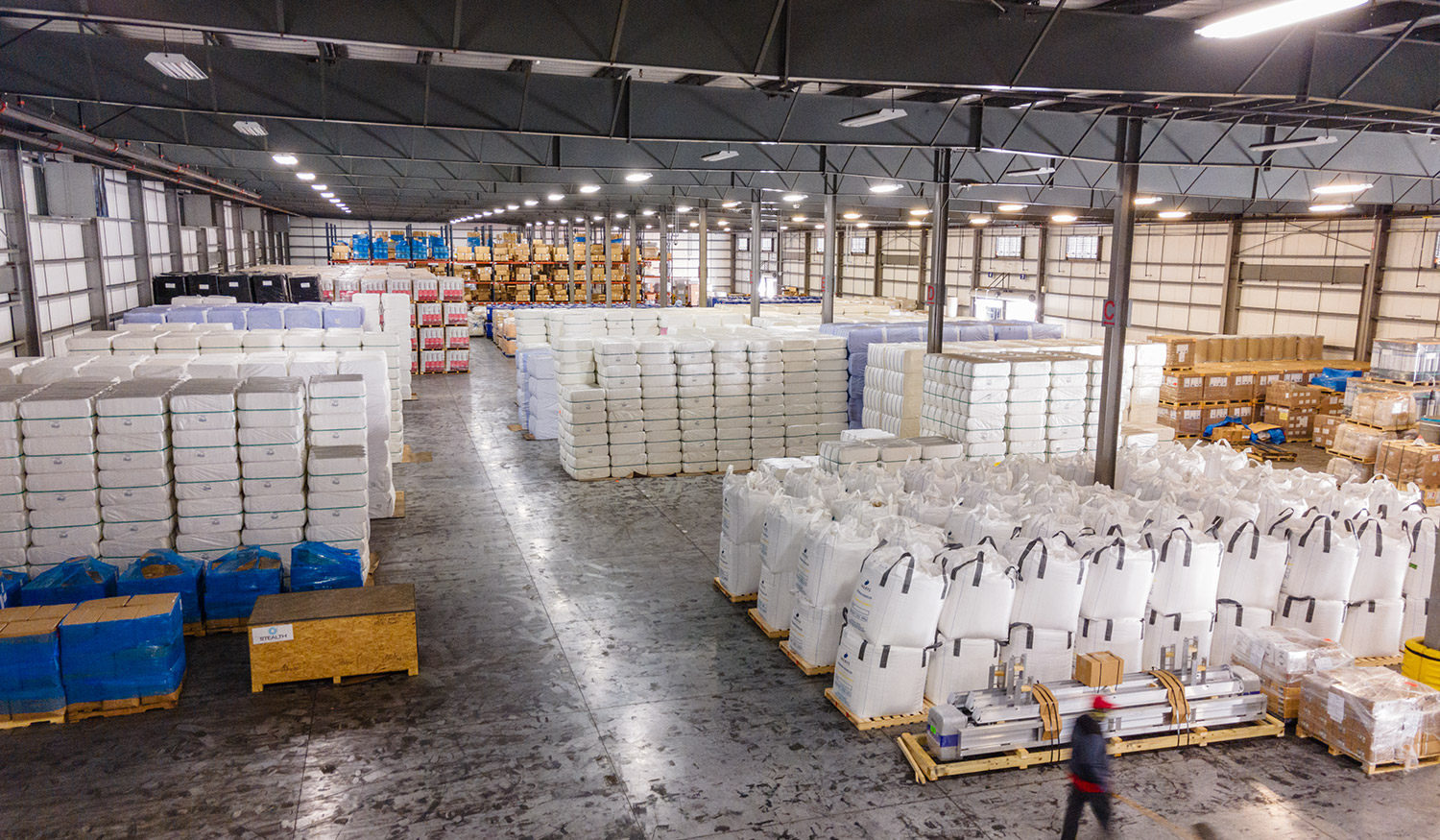The issue of driver retention is an ongoing challenge in the transportation industry. Not only has it become harder to find qualified drivers, but recruiting, vetting, and training them is more time-consuming and expensive than ever.

Point To Point
Recent posts by Point To Point
5 min read
Choosing the Right TMS for Any Size Business
By Point To Point on June, 17 2022
Along with the cost of staffing and materials, shipping and transportation management consistently ranks as one of the most expensive items in a company’s budget.
4 min read
Optimizing Fuel Use in Your Supply Chain
By Point To Point on June, 2 2022
The rising cost and decreased supply of fuel continue to pose a significant challenge for shippers and carriers alike. Ongoing concerns over inflation, foreign wars, and economic uncertainty have only exacerbated the problem, with the national average price of diesel fuel soaring past previous records. As of May 16, the U.S. Energy Information Administration reported an average increase of $2.37 over a year ago, with sections of the East Coast seeing hikes of $3 or more.
5 min read
The Rise of Micro-Fulfillment Centers
By Point To Point on May, 9 2022
Recent projections show that US e-commerce sales are set to rise by 10.5% in 2024, marking a return to double-digit growth since 2021's 17.3% increase. This upward trend is expected to continue through 2027, with annual growth rates slightly accelerating each year. By 2027, e-commerce penetration is projected to exceed 20% of total US retail sales, meaning over $1 in every $5 spent on retail items will be transacted online. This growth trajectory highlights the increasing importance of e-commerce in the retail landscape.
9 min read
Cargo Insurance Coverage: The Benefits Outweigh The Risks
By Point To Point on March, 18 2022
On March 1, 2022, the Felicity Ace sank in the Atlantic Ocean. Traveling from Germany to the U.S., the ship was carrying thousands of luxury cars from Volkswagen, including Porsches, Lamborghinis, and Bentleys. According to Reuters, without international cargo insurance coverage the financial losses could equal upwards of $155 million.
Topics: International
3 min read
Virco & Averitt: An Enduring Supply Chain Partnership
By Point To Point on March, 14 2022
For over 15 years, the relationship between Averitt and Virco, an American manufacturer and supplier of school furniture and equipment, has continued to thrive and grow. From standard LTL services to dedicated fleet operations, and international forwarding, Averitt helps Virco deliver first-class delivery experience to schools and offices—even through the most challenging of times.
Topics: International
6 min read
Shipping Freight From The U.S. To Canada
By Point To Point on January, 26 2022
The United States and Canada share the longest international border (at 5,525 miles) and the strongest bilateral trade relationship (with nearly $2 billion exchanged every day) of any two countries in the world. In fact, the U.S. is by far the dominant point of origin for goods imported into Canada, with China a distant second. A key reason for that strong relationship is the relative ease of transporting goods from one country to another via truck, which is supported by more than 120 land ports-of-entry lining the border.
Topics: International
3 min read
Why Reverse Logistics Matter to Your Supply Chain Success
By Point To Point on November, 23 2021
The meteoric rise in e-commerce over the last several years has led to unprecedented retail sales. Unfortunately, it has also led to an unprecedented number of returns. It’s estimated that 30% of online orders are returned, as opposed to just under 9% for goods purchased from a brick & mortar retailer. Tracking these aftermarket activities can provide insight into your overall logistics management. Which is why shippers and suppliers alike need a sound reverse logistics plan.
Topics: Retail Freight Handling
5 min read
Transportation Management Systems: Simplify Your Shipping Efforts
By Point To Point on November, 23 2021
The term ‘Transportation Management System’ has become increasingly common in the logistics industry as companies look for ways to remain competitive in a rapidly changing marketplace.














